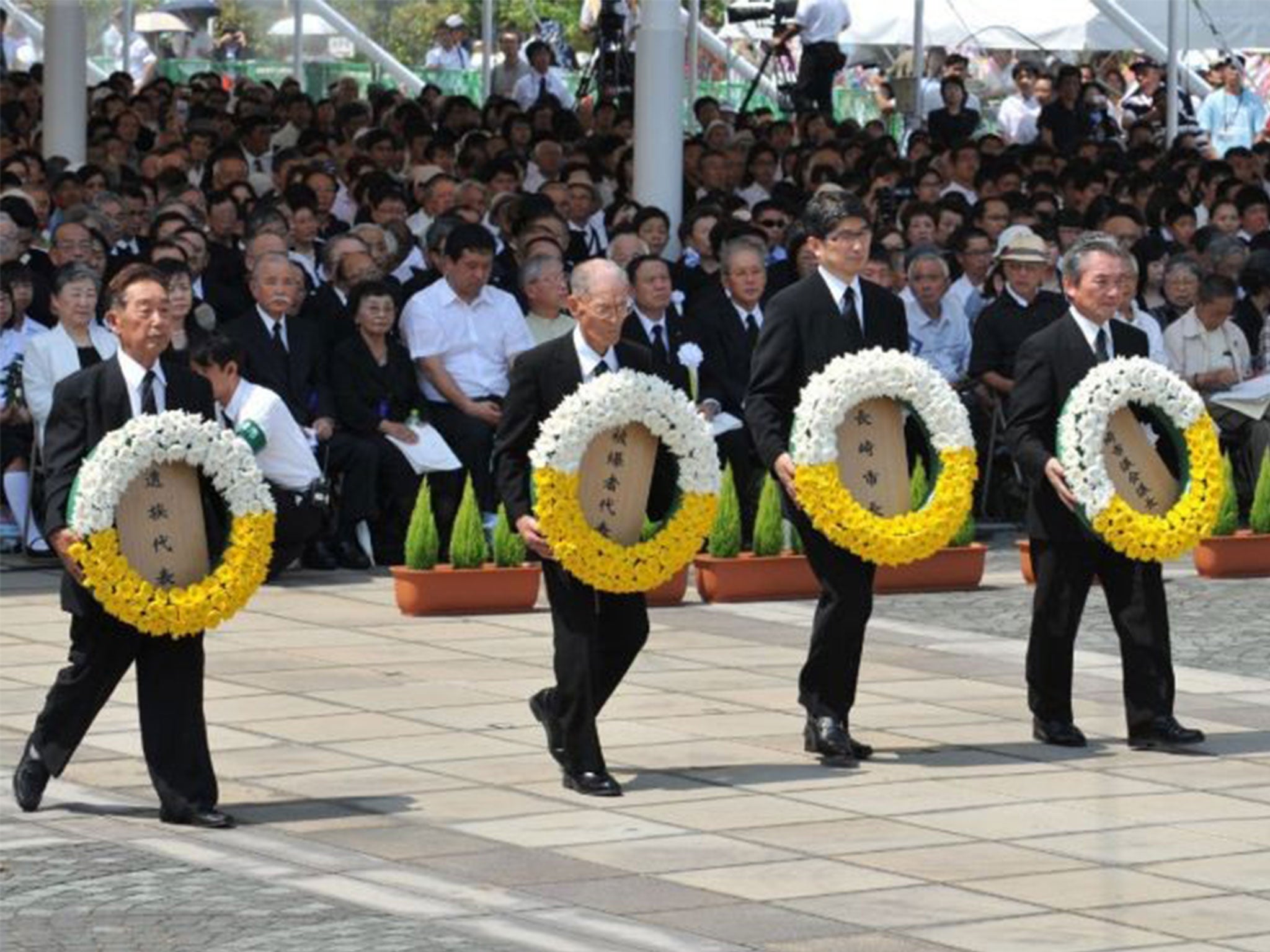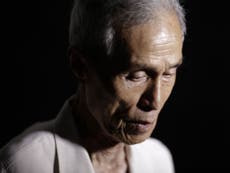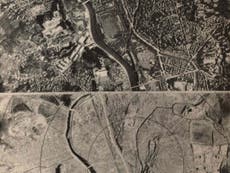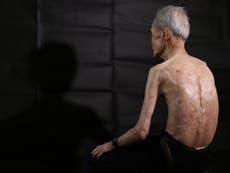It's difficult to admit, but I was wrong to condemn nuclear weapons in my youth
I've come to realise that they serve a vital purpose in protecting our safety. We cannot merely rely on America to be our guardians

According to my teenage daughters, I am wrong about many things in life – ranging from my music taste to my fashion sense. I defend my choices vehemently because actually most things don’t really matter: the joy lies in the debate.
However, there are important areas of life in which I am forced to admit that I was wrong: insisting that the property market would crash, falling for the old smoothie Tony Blair – and, yes, I was wrong to condemn nuclear weapons.
On the anniversary of the atomic bomb dropping on Nagasaki, that’s a difficult admission. Watching the sombre footage of the Japanese 70th anniversary commemorations so soon after the Hiroshima ceremony, one cannot fail to be moved by the survivors’ tales and the sheer scale of horror the population suffered.
Regardless that the second, larger bomb resulted in a smaller death toll (“only” 50,000, compared to Hiroshima’s 135,000), the bombing of Nagasaki has even less moral justification than Hiroshima, which was – arguably – the catalyst for the ending of the war in Asia, and – arguably – prevented a far greater death toll from the long conflict which would have otherwise have continued.
I saw no moral justification at all as a youth. I was vehemently anti-nuke. It was the only thing that got me marching in protest. I even justified my 1986 Glastonbury experience not in terms of The Cure and the Psychedelic Furs, but because it was “the CND Festival”.
Today I have to explain to my children what the letters C-N-D mean, which once would have been unthinkable. They’ve certainly never heard the story of Katharine Hamnett meeting Margaret Thatcher in a t-shirt bearing the slogan: “58% don’t want Pershing”.
What is important for them to understand is how we managed to stay safe throughout the 1980s, a time of tangible tension between East and West before Reagan and Gorbachev “tore down that wall”. It was a stand-off based entirely on the understanding of mutually assured destruction.
Latterly, I have also come to understand the Cuban Missile Crisis of 1962. My youthful ignorance was brought home starkly only last month when we visited the site of the downed U-2 spy plane and saw replicas of nukes in-situ in Cuba.
There is little doubt today that Khrushchev stepped back from the brink (much to Che Guevara’s chagrin) because JFK stood firm behind his nuclear button. I am sad to concede that our mutual possession of Weapons of Mass Destruction have prevented another Nagasaki. A much tougher dilemma is this: who are we to say who can have such weapons? Yes to India and Israel, no to Pakistan and Iran? How can we hide behind the relative safety of having them but insist that other countries under threat cannot? As we battle proliferation, who are we to say which major powers may act as nuclear policemen?
So, on the day we remember Nagasaki, I know there are as many questions as answers in my admission of error, but I am more certain than ever that much as we cannot afford the estimated £100bn cost of Trident over the next 30 years, we cannot afford to be without a nuclear deterrent. Beyond the usual patriotic rhetoric, the central question for the Government is clear: can we merely rely on America to be our guardians?




Join our commenting forum
Join thought-provoking conversations, follow other Independent readers and see their replies